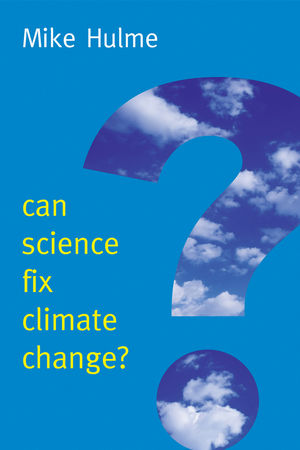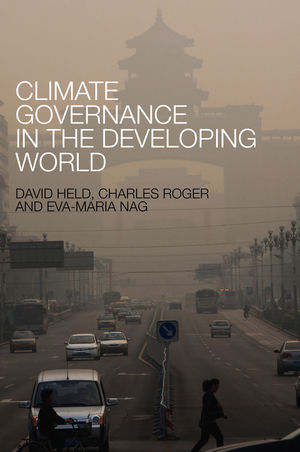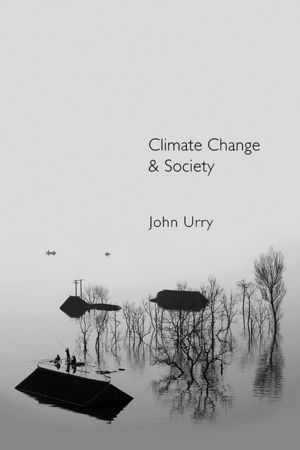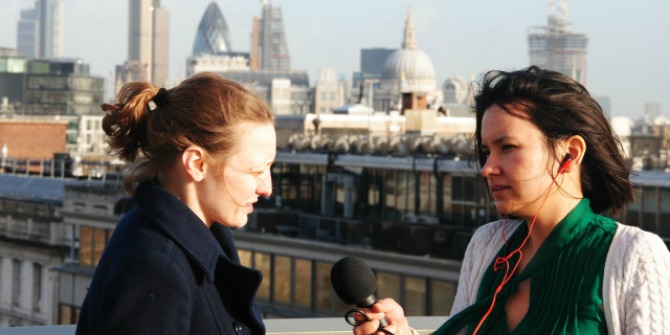This weekend cities around the world hosted the People’s Climate March to raise awareness of climate change and to show politicians that this is an issue that needs more of an international joined-up focus, ahead of the United Nations climate summit in New York City. Here we bring together reviews of 4 books that are good starting points for finding out more about challenging climate change.
Interested in climate change in the media?
Climate Change in the Media: Reporting Risk and Uncertainty by James Painter
With extreme weather on the rise across the globe, the way that the media reports climate change and its potential for damage is becoming increasingly important. In ClimateChange in the Media: Reporting Risk and Uncertainty, James Painter looks at the way in which newspapers have shifted the way that they report climate change from a language of uncertainty to one of risk. Christopher Shaw finds this book to be a useful summary of climate politics and climate risk, but critiques the lack of discussion on how newspapers’ commercial pressures help to contribute to the wider discourse of excessive consumption, which in turn contributes to climate change. Read the full review.
Interested in technological advances in combating climate change?
Can Science Fix Climate Change? by Mike Hulme
As political solutions to climate change have so far had little impact, some climate change scientists are now advocating the so-called ‘Plan B’, a more direct way of reducing the rate of future warming by reflecting more sunlight back to space, creating a thermostat in the sky. In this book, Mike Hulme argues against this kind of hubristic techno-fix. Amelia Sharman is impressed by Hulme’s interesting proposals. Read the full review.
Interested in climate change pledges in the developing world?
Climate Governance in the Developing World edited by David Held, Charles Roger, and Eva-Maria Nag
Since 2009, developing states including China, Brazil, Ethiopia, and Costa Rica have been advancing unprecedented pledges to mitigate their greenhouse gas emissions, offering new, unexpected signs of climate leadership. Some scholars have gone so far as to argue that their targets are now even more ambitious than those put forward by their wealthier counterparts. But what really lies behind these new pledges? This book seeks to offer a comprehensive analysis of the unique challenges that developing countries face in the domain of climate change. Hayley Stevenson finds that this volume will be of great value to both the scholarly world and the policy world. Read the full review.
Interested in how human behaviour contributes to climate change?
Climate Change & Society by John Urry
This book explores the significance of human behaviour to understanding the causes and impacts of changing climates and to assessing varied ways of responding to these changes. So far the discipline that has represented and modelled such human behaviour is economics. By contrast Climate Change and Society tries to place the ‘social’ at the heart of both the analysis of climates and of the assessment of alternative futures. Amelia Sharman recommends the text for students of sociology, and praises Urry for a strong introduction to the topic. Read the full review.
Climate Change & Society. John Urry. Polity. May 2011.
For more information on the Campaign Against Climate Change see www.campaigncc.org











